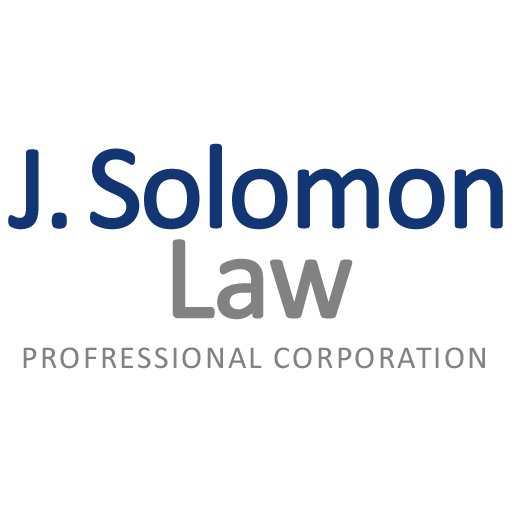Starting a business in Ontario comes with a key decision: choosing between registering as a sole proprietor or incorporating. This foundational step impacts how you’re taxed, your legal liability, and how your business can grow. In this guide, we’ll explore the pros and cons of each structure, based on reliable legal and government-backed information.
What Is a Sole Proprietorship?
A sole proprietorship in Ontario is the simplest form of business registration. It’s owned and operated by one individual, and there’s no legal distinction between the owner and the business.
Key Advantages:
- Low startup cost: You can register a business name with ServiceOntario for a small fee.
- Simple taxes: Income is reported as part of your personal tax return (T1).
- Full control: You make all business decisions without corporate formalities.
Drawbacks:
- Unlimited liability: You are personally liable for all business debts and legal claims.
- Harder to raise capital: Banks and investors may hesitate to fund non-incorporated businesses.
- Limited growth potential: Your business may appear less formal or credible.
What Is Incorporation?
Incorporating in Ontario creates a separate legal entity—your corporation—which can own property, enter contracts, and be held legally responsible.
Key Benefits:
- Limited liability: Your personal assets are protected from business debts.
- Tax planning opportunities: Corporate tax rates are generally lower than personal tax rates. You may also defer taxes or split income.
- Greater credibility: Many clients and partners prefer working with incorporated businesses.
- Easier transfer of ownership: You can sell shares or pass the company on to others.
Downsides:
- More complex: Requires legal documentation (articles of incorporation) and annual corporate filings.
- Higher cost: Legal and accounting fees are usually required.
- Separate tax filings: Corporations must file a T2 return with the CRA.
Which Structure Is Best for You?
It depends on your goals, risk level, and growth plans. Ask yourself:
- Do I need personal liability protection?
- Am I planning to scale or seek investment?
- Do I want to save on taxes through income splitting or holding companies?
Government Resources
- Incorporating in Ontario – ServiceOntario
- Sole Proprietorship Info – Government of Canada
- CRA Business Structures
Final Thoughts
For many entrepreneurs, starting as a sole proprietor makes sense to test an idea. But if you’re building a long-term venture or seeking legal protections, incorporation may be the smarter path. Consulting with a business lawyer or accountant can help you make the right decision.
Disclaimer: This blog is for informational purposes only and does not constitute legal or financial advice. For personalized guidance, consult a licensed lawyer or accountant in Ontario.



